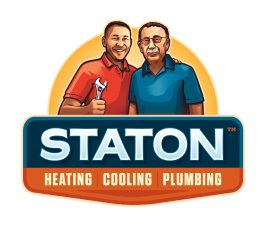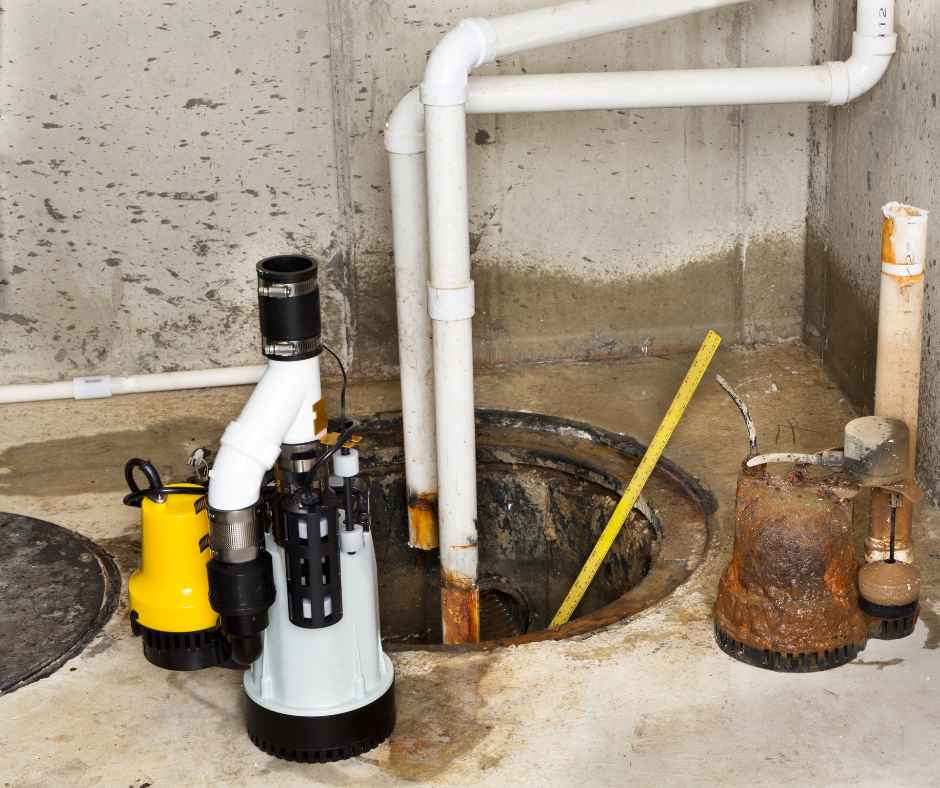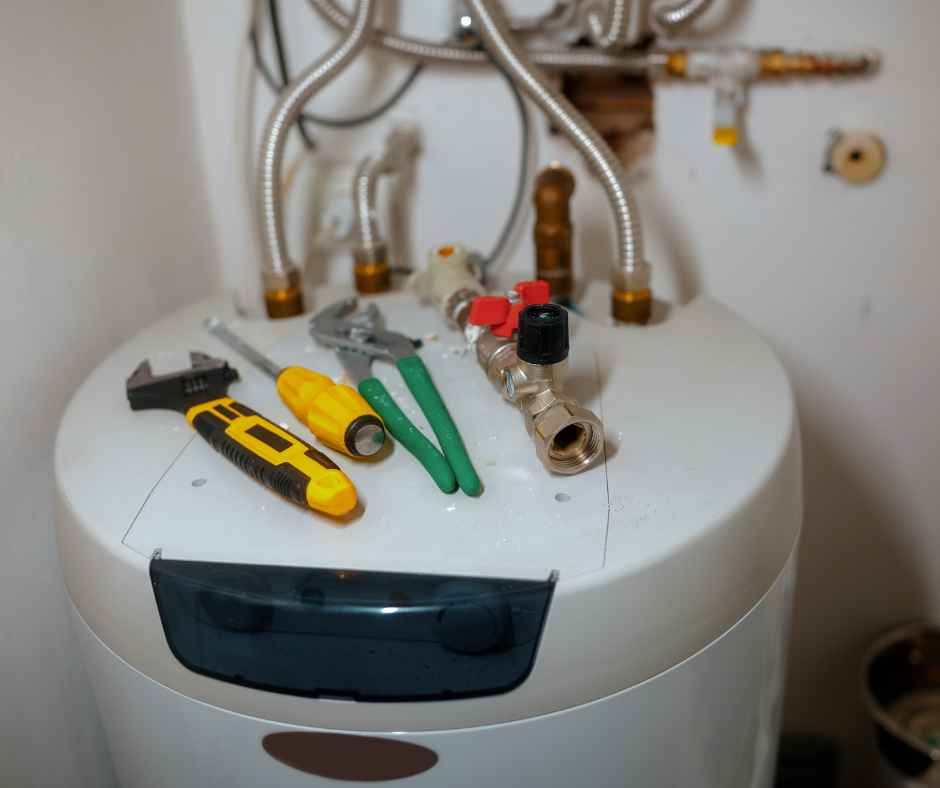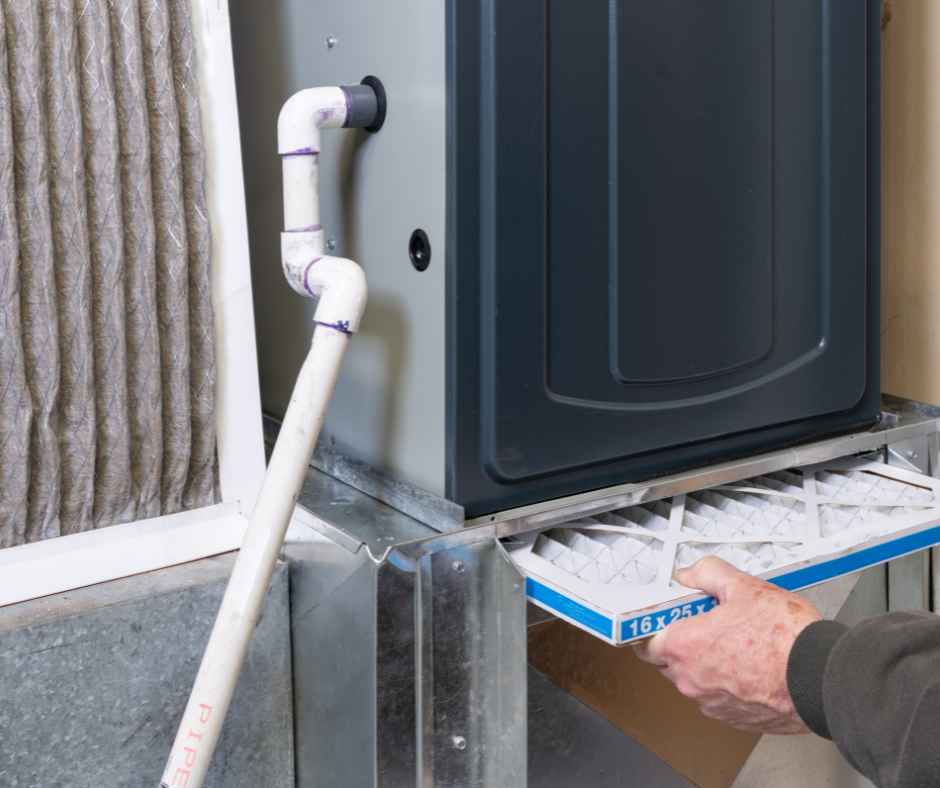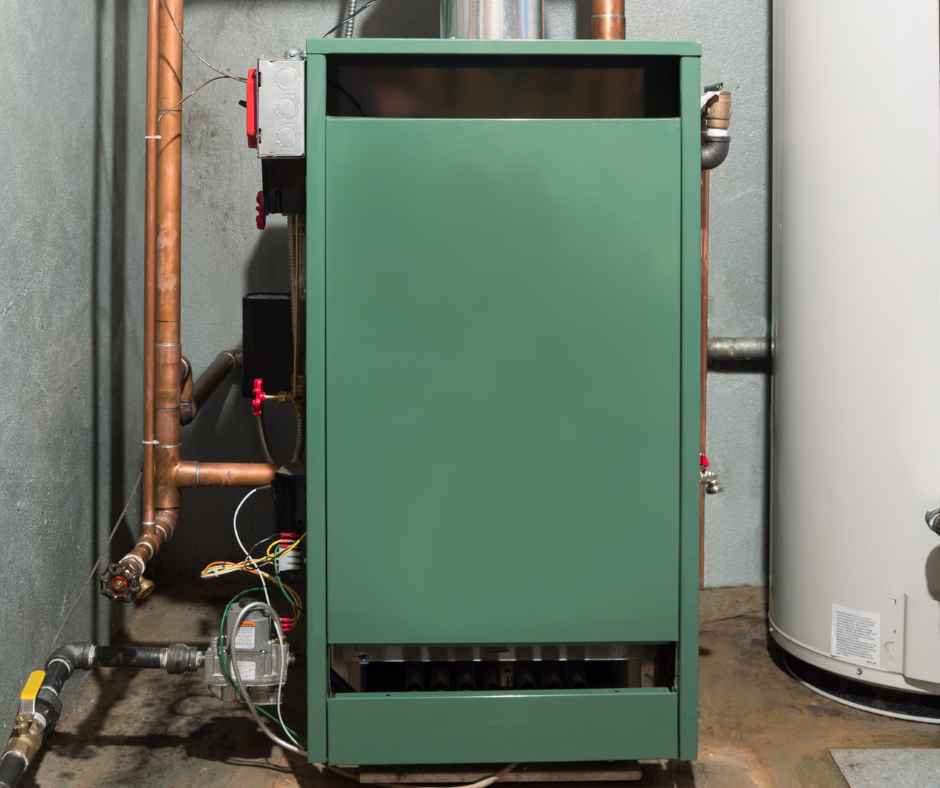0% APR Plus No Payments for 12 Months
on Select New Plumbing & HVAC Systems
How Long Does a Heat Pump Last?
If you’re considering a heat pump or already have one installed, you might wonder how long it will last. Heat pumps are known for their energy efficiency and dual functionality, providing both heating and cooling. However, like any appliance, they have a lifespan influenced by factors like maintenance, usage, and environmental conditions.
Typical Heat Pump Lifespan
A heat pump generally lasts between 10 and 15 years. With consistent care, some systems can exceed this range. However, several variables impact its durability, such as the type of heat pump, the climate it operates in, and how well it is maintained.
What Affects Heat Pump Longevity
Understanding the factors that influence a heat pump’s lifespan can help you make informed decisions about its care and use:
- Maintenance Practices: Regular maintenance is critical for keeping your heat pump in good shape. This includes professional inspections, cleaning the outdoor unit, and timely filter replacements.
- Usage Intensity: A heat pump in a region with extreme winters or summers may work harder, leading to faster wear. Smart thermostat use and proper home insulation can alleviate some of this strain.
- Climate Conditions: Heat pumps in coastal or high-humidity areas face challenges like corrosion, which can reduce their lifespan. Proper protective measures can mitigate these effects.
- Installation Quality: Proper installation ensures that a heat pump operates efficiently from day one. Poor installation can cause system inefficiencies and lead to premature failures.
- Build Quality: Investing in a high-quality heat pump from a reputable manufacturer often results in better performance and a longer lifespan compared to lower-cost alternatives.
How to Recognize When a Heat Pump Needs Attention
Even the most reliable heat pumps show signs of aging over time. Look out for these indicators:
- Reduced Efficiency: Rising energy bills despite consistent usage may indicate declining performance.
- Inconsistent Temperatures: If your heat pump struggles to maintain a steady temperature, it may need repairs or replacement.
- Frequent Breakdowns: When repairs become too frequent or expensive, replacement might be the more practical option.
- Strange Sounds: Clunking or rattling noises are often signs of internal mechanical issues.
- Age of the System: If your system is over a decade old and showing problems, it’s time to evaluate its future.
Tips to Extend the Life of Your Heat Pump
Maximizing the life of your heat pump doesn’t have to be complicated. Here’s how you can help it last longer:
- Schedule Regular Tune-Ups: Professional inspections can catch issues early and keep your system running smoothly.
- Clean Around the Unit: Debris like leaves and dirt can obstruct airflow to the outdoor unit. Keep it clear for better performance.
- Change Filters Often: Clogged filters strain the system, reducing efficiency and lifespan.
- Optimize Usage: Use programmable thermostats to reduce unnecessary strain on the system during non-peak hours.
- Seal and Insulate: Ensuring your home is well-sealed helps the heat pump operate more efficiently and prolongs its life.
Heat Pump Services in Central Maryland
Contact Staton Heating, Cooling & Plumbing for all your heat pump needs. Whether it’s maintenance, repairs, or a new installation, our team is here to help you stay comfortable and save energy. Reach out today to schedule your service!

